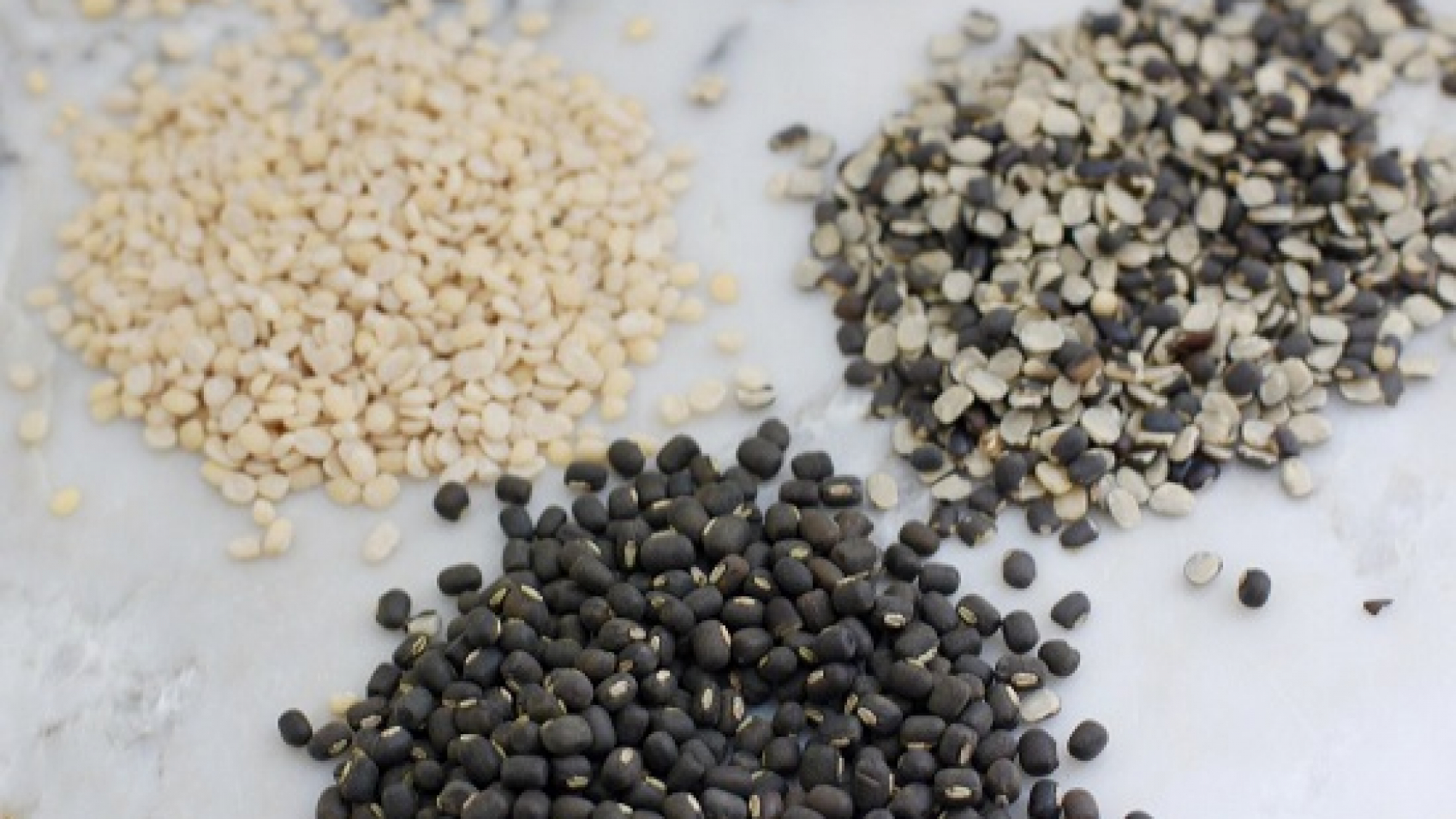India is expected to bring in over 50,000 tonnes of black gram (urad in India) from Myanmar in two months, according to a report cited by Agri World Mumbai. India is expected to import about 15,000-20,000 tonnes of Myanmar’s black gram in July and about 30,000-35,000 tonnes in August. Myanmar sent 15,000 tonnes of black gram to India in June as well. Myanmar has a decent stock of approximately 300,000 tonnes of black gram. If the country exports about 50,000 tonnes to other countries, 200,000-225,000 tonnes of black grams remain for exports.
Additionally, the stock of black gram is getting lower in the market and the volume of sales dropped. At present, a ship loaded with 5,000 tonnes of black gram and pigeon peas left for Chennai, India on 14 July. There is a shipment of 180 containers (4,320 tonnes) scheduled on 17 July and 380 containers (9,120 tonnes) on 23 July. India is facing crop yield drop under drought conditions and declining sowing acres this monsoon season. Their growers are increasingly cultivating cotton and soybean. The sowing acres of rice and various pulses dropped. The areas of urad fell from 1.94 lakhs hectare to 0.93 lakh hectare in 2022, according to the Agri World Mumbai.
Additionally, India’s government reportedly has 110,000 tons of green gram (Moong), 20,000 tonnes of black gram (urad), 9,000 tonnes of pigeon peas (tur) and 7,000 tonnes of red lentils (Masoor) as buffer stock. India is reportedly to import 50,000-75,000 tonnes of black gram (urad in India) and they will purchase black gram from Myanmar to keep them in reserve. India, the main buyer of Myanmar’s black grams, has high consumption of black grams. Furthermore, it re-exports them to the external market after processing the grams.
The annual consumption of black grams in India is estimated at 2.7-2.8 million tonnes. India extended relaxations of conditions regarding clearance consignment for black gram and pigeon peas until 31 March 2023. The prevailing price of black gram is K1,537,000 per tonne, whereas the price peaked at K1,700,000 per tonne on 30 June. Myanmar yearly produces approximately 400,000 tonnes of black gram and about 50,000 tonnes of pigeon peas. Myanmar is the top producer of the black gram that is primarily demanded by India, while pigeon peas, green grams and chickpeas are cultivated
in Australia and African countries beside Myanmar.
Source: The Global New Light of Myanmar

